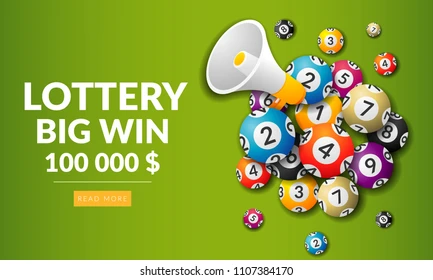Lotteries have been a source of fascination and controversy for centuries, powerball captivating the imaginations of hopeful dreamers and sparking debates on the ethics of gambling. These games of chance, where participants purchase tickets with the hope of winning a life-changing jackpot, have become a global phenomenon, taking various forms and attracting diverse audiences. In this article, we explore the history, impact, and controversies surrounding lotteries.
A Brief History:
The roots of lotteries can be traced back to ancient civilizations, with evidence of lottery-type games found in China around 200 BCE. Lotteries were also popular in ancient Rome, where they were used to fund public projects, including the construction of the iconic Colosseum. Over the centuries, lotteries have taken on different forms and purposes, evolving from tools for resource allocation to widespread forms of entertainment and revenue generation for governments.
Governments and Lotteries:
Today, many governments around the world run lotteries as a means of raising funds for public initiatives. These initiatives often include infrastructure projects, education, healthcare, and various social programs. Proponents argue that lotteries provide a voluntary and potentially lucrative source of revenue without imposing additional taxes on the general population.
The Allure of Jackpots:
One of the primary attractions of lotteries is the promise of substantial jackpots that can change the winner’s life overnight. The dream of hitting the jackpot and escaping financial struggles fuels the widespread participation in lotteries, creating a sense of hope and excitement. This dream is often marketed through advertisements featuring stories of lottery winners who have experienced extraordinary transformations.
